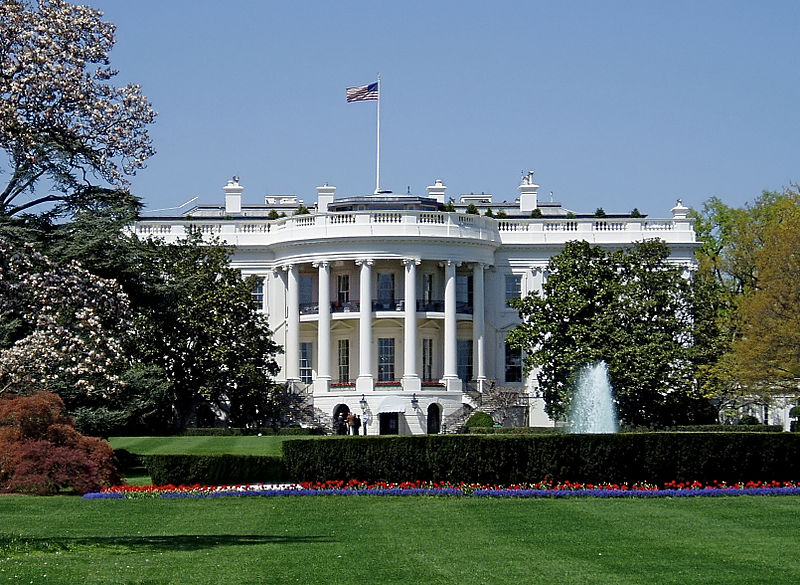Preet Anand
It’s no secret that the tech community has historically reacted with hesitation at the thought of collaborating with the public sector, what with the red tape, bureaucratic processes, lengthy sales cycles and a generally poor standard of implemented technology (remember Healthcare.gov before Marketplace Lite?). Clashes with Uber and Airbnb have created an image of our government as the hard-fisted guardian of the status quo. With this story so dominant in the tech scene, it’s no wonder that we in Silicon Valley have largely avoided working with the government.
But that’s a shortsighted way of thinking about the government’s role in tech.
When we call the government the enemy of new technology, we erase a long history of the government as the technology pioneer. Nuclear energy (think Manhattan Project), drones and even the Internet are just some examples of government inventions that have become public resources. This support also can come in the form of grants and investments. Several years ago, for instance, DARPA and NIH funded more than $30 million to an MIT research team to accelerate efficiency of pharmaceutical testing. After all, who has a bigger stake in the advancement of American technology and the people who use it than the sector whose job it is to serve the public good?
Here’s another way of thinking about it: The government pays us to innovate. As startups, we’re uniquely positioned to do what they can’t do precisely because they’re bogged down with bureaucracy and red tape. We’re nimble where they can’t be. We can create new things quickly and without the baggage and paperwork. If the government wants to have a hand in the future of the public, they need us as much as we need them.
So if you’re a company looking to make the world a better place, the government is your most valuable ally and partner.
Innovation Is Already Happening
It’s easy to see what’s attractive to startups about working with the government — the public sector represents a huge market and set of customers of more than $80 billion. In fact, an increasing number of startups have already identified ways they can successfully work with the government.
For example, Placemeter could improve city planning and give local governments a better understanding of pedestrian and traffic data. DMI is known for its enterprise mobility work with federal agencies. Google works closely with local leaders on its Google Fiber projects in cities around the country. I wouldn’t be surprised to see more firms like Govtech Fund start to emerge over the next few years, as an increasing number of startups start to focus primarily on serving the public sector.
Even though there are aspects of the government that startups are hesitant to deal with, those challenges are, paradoxically, a source of innovation. For example, we’ve long viewed regulation as a barrier to entry or innovation as a whole.
But as Naval Ravikant and Brian Dally have shown us, there is still freedom within the structure to play a role in shaping and working with regulation. Naval Ravikant contributed to the JOBS Act, and in this capacity helped shape regulations around private company funding. His work has improved entrepreneurs’ ability to pursue funding opportunities from all over the country. On the other hand, Brian Dally and his company worked within a specific regulation to create an innovative investment offering to non-accredited investors. Their experiences and insights have opened up the pathway for other startups to grow and succeed.
The Government Is Listening
Governments on a local and national level have already been part of this movement to work with startups on a greater scale. At BlueLight, we recently participated in the Multi-City Innovation Campaign, where 25 city governments turned to tech startups to see how the public sector could benefit from our products and services.
Among the many startups vying for the opportunity, 10 finalists got the chance to showcase how their technology would integrate and work alongside existing government services to make them more efficient and productive. In return, participating cities committed to fund the winning startups to get pilot projects off the ground. For the startups, this was a chance to win valuable clout for their projects. For the cities, this was a chance to see what the tech world had to offer their citizens.
MCIC models the ideal relationship between government and tech. Startups can contribute to the civic good and combine newly developed technology with an existing network and infrastructure that governments can provide. Cities can take advantage of the technology that they wouldn’t be able to develop on their own. It works because everyone has a common goal: to move forward.
It’s Time To Get Involved
If you have a company that can work with the government, start mining that potential now. Not only will you learn more about the problems facing your community, but also how you can work with the government to find solutions.
Start conversations with your local officials and plug them into your vision and startup community. For example, Provo, Utah mayor John Curtis has been deeply involved with the Utah startup scene and working to make the state a large tech hub.
Apply to accelerators and demo days that give you exposure to the government. This summer, the White House hosted its first demo day as part of the Obama Administration’s Startup America initiative. In the next few years, we’ll begin to see a noticeable increase in valuable partnerships between the startup community and national and local governments.
It’s time to stop thinking about what we can do despite the government, and to start imagining what we can do together to make America better.































Comment